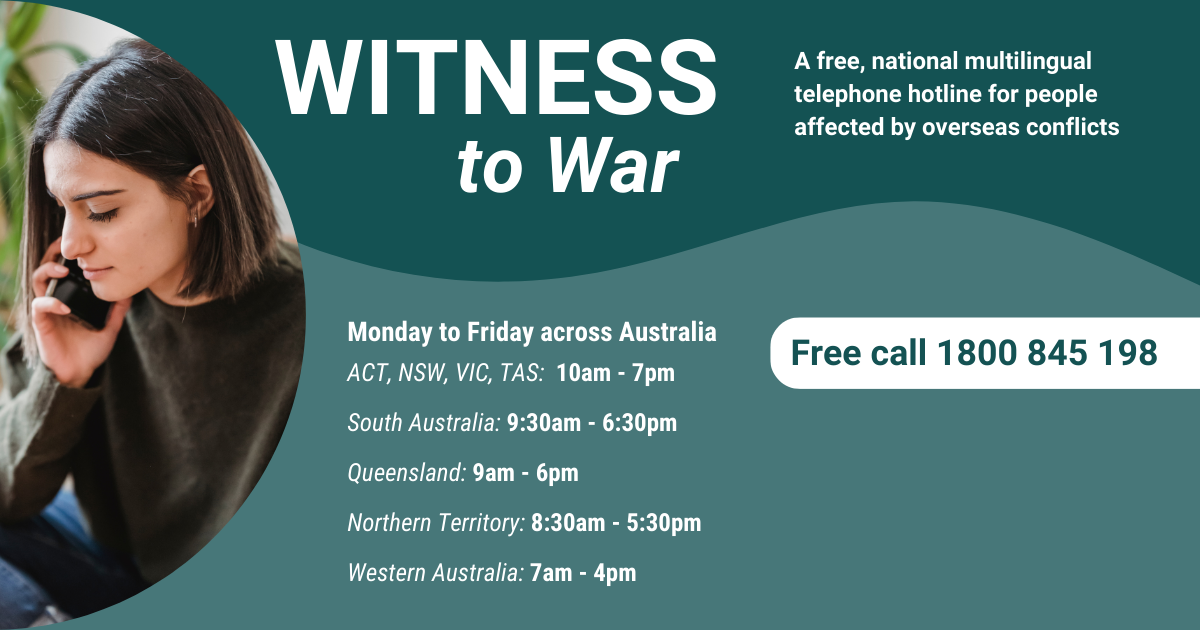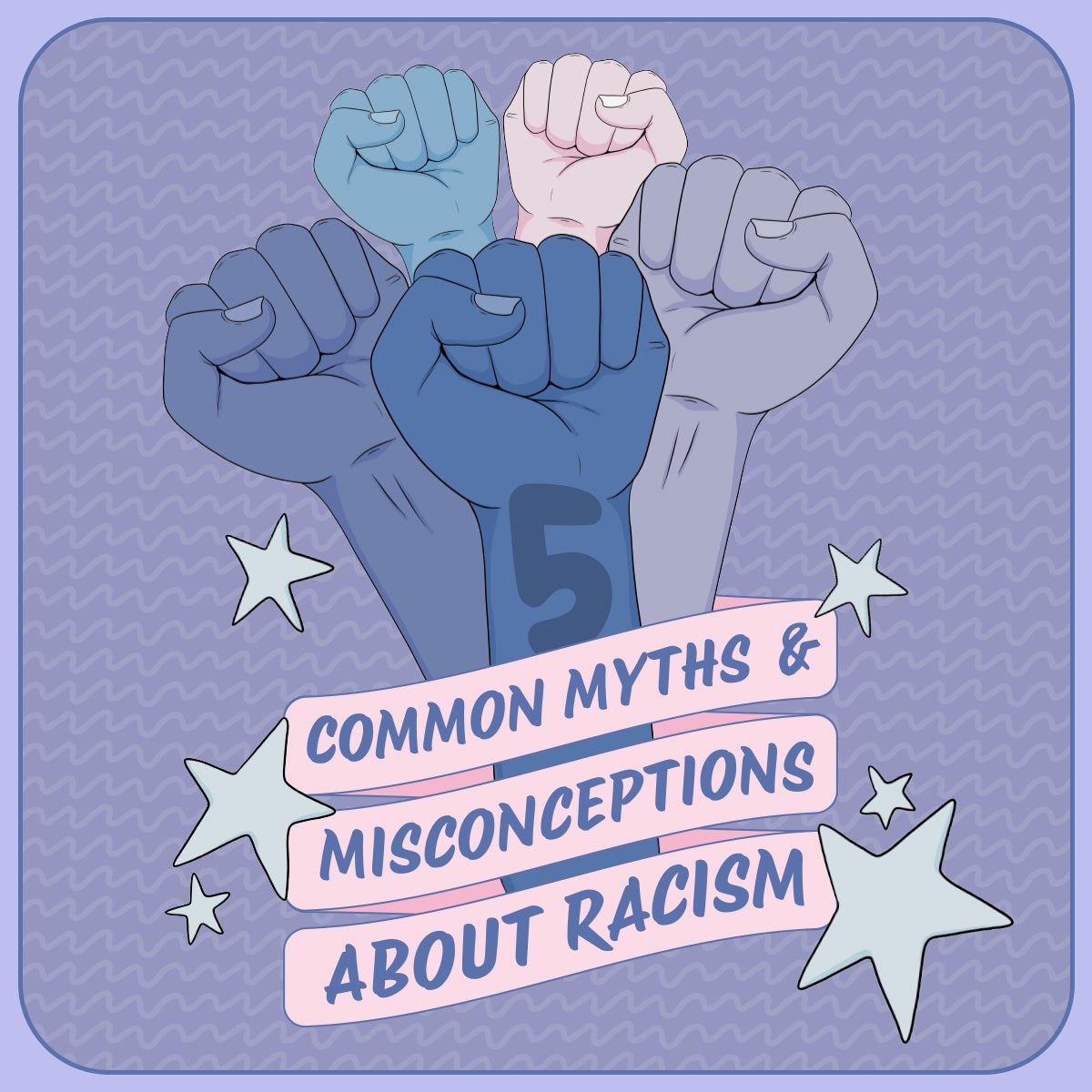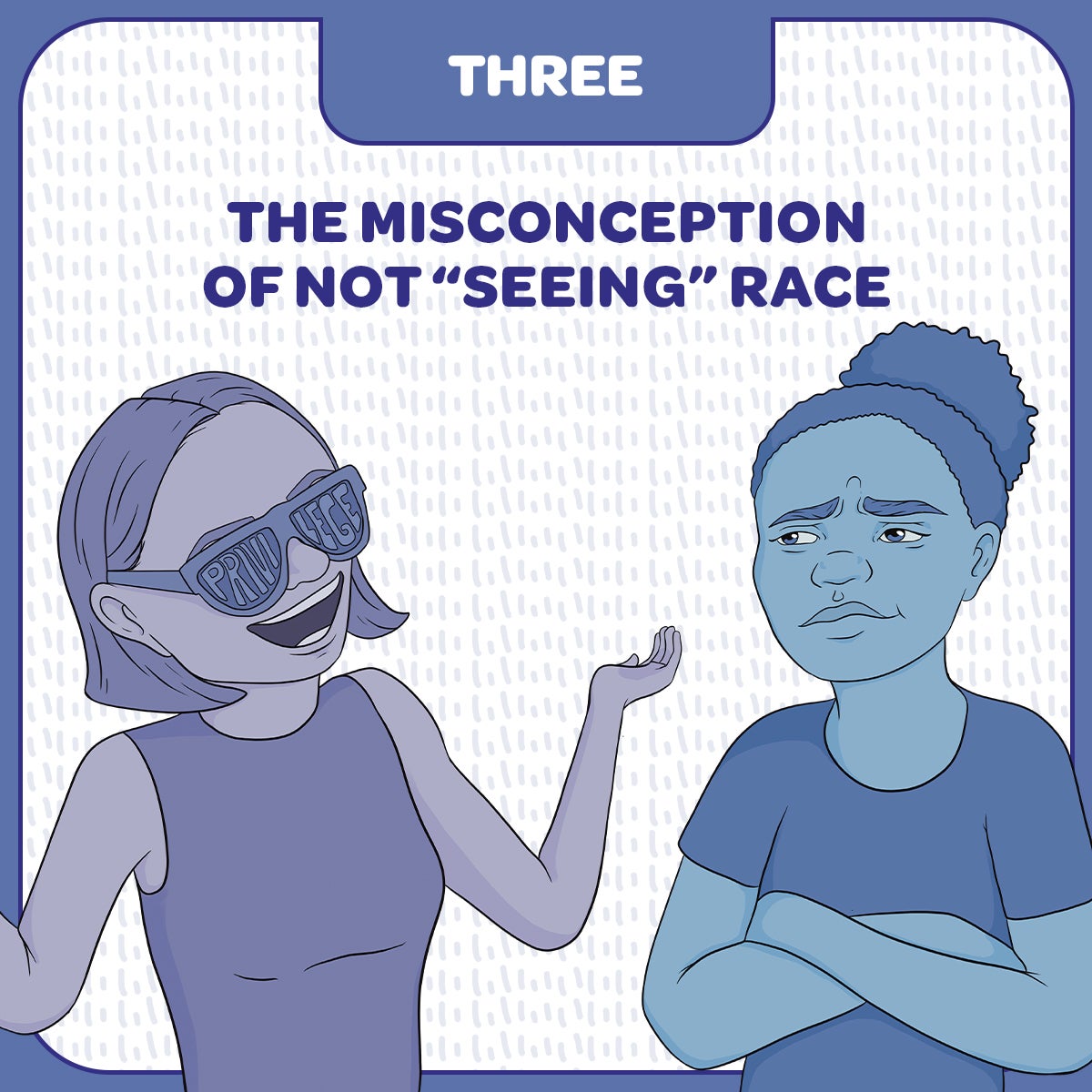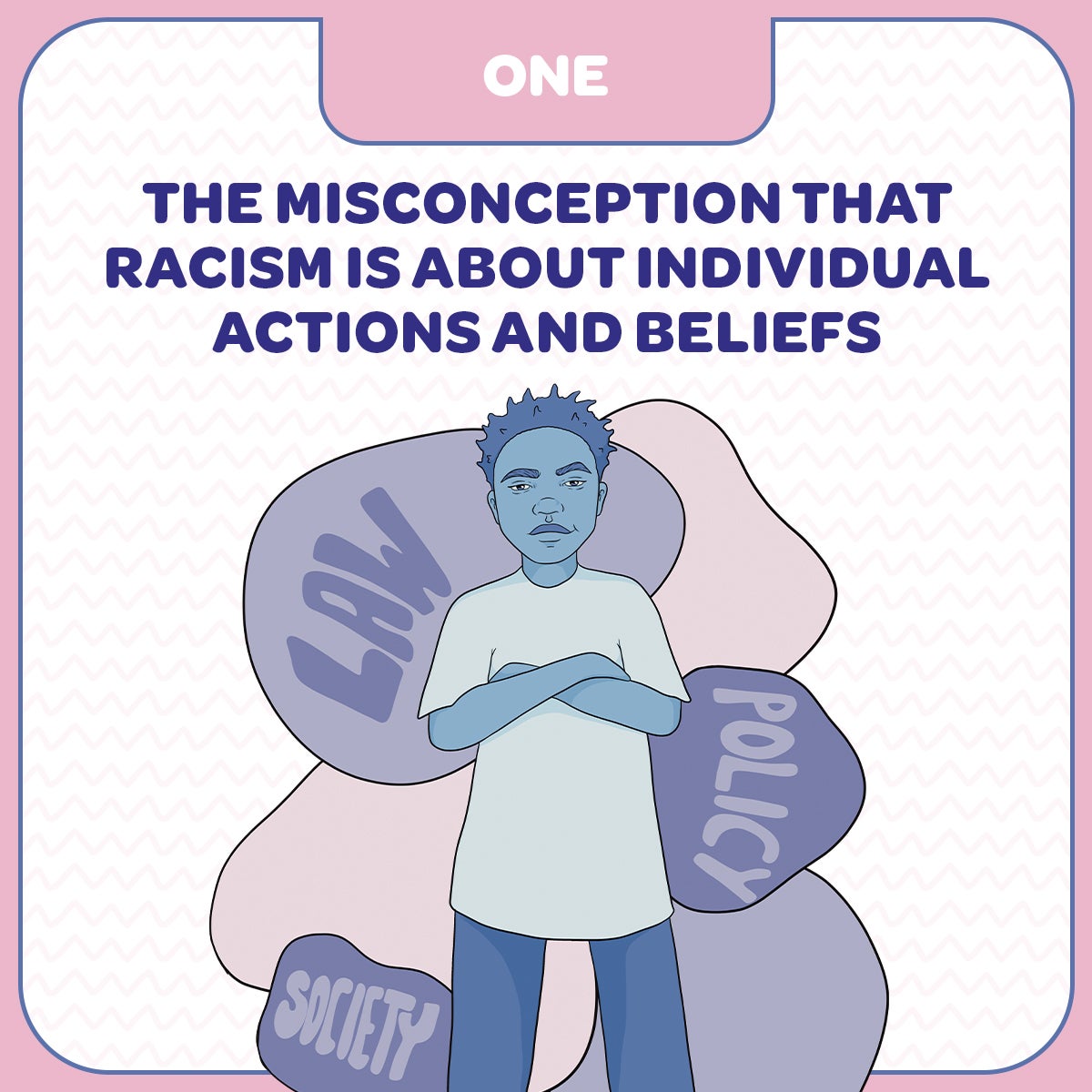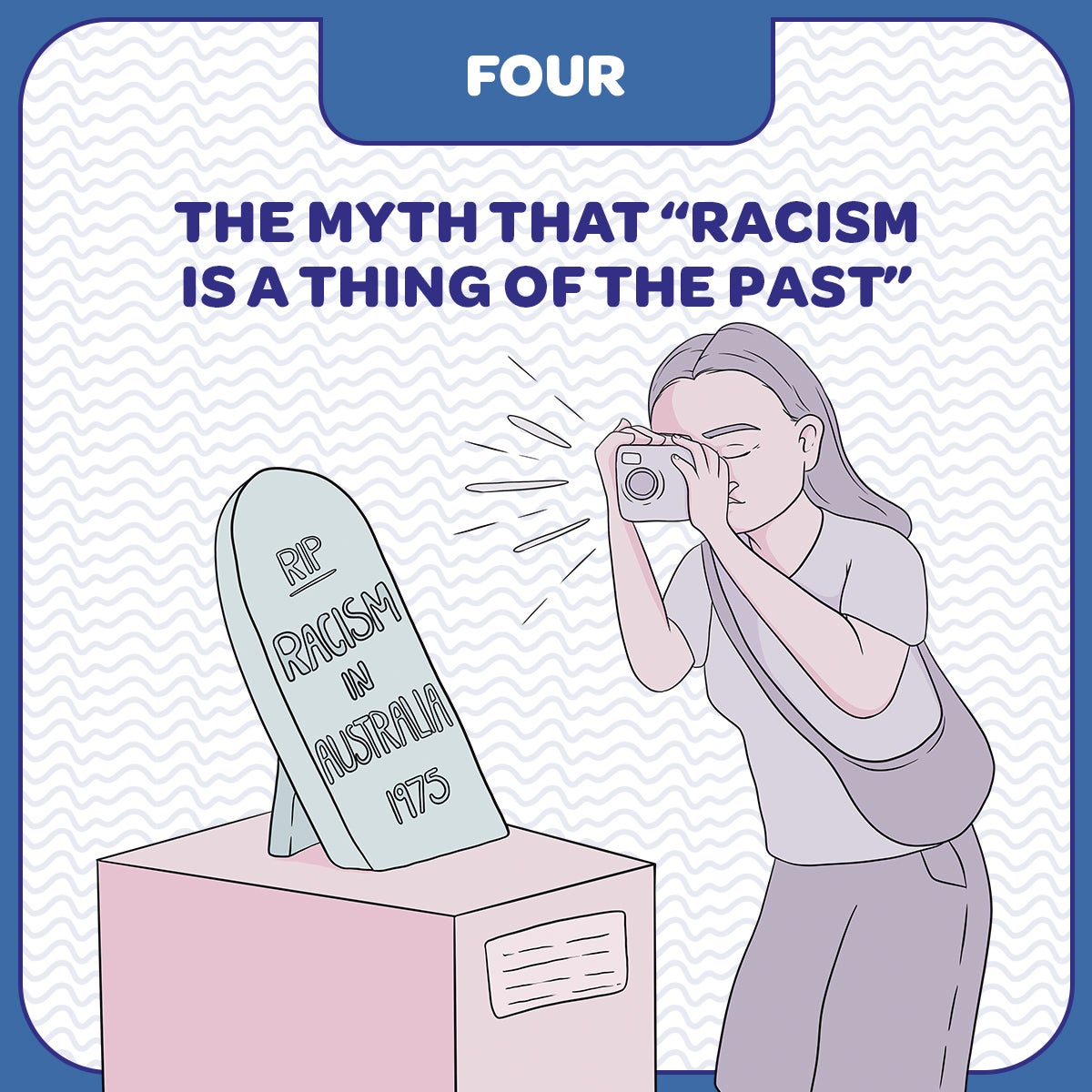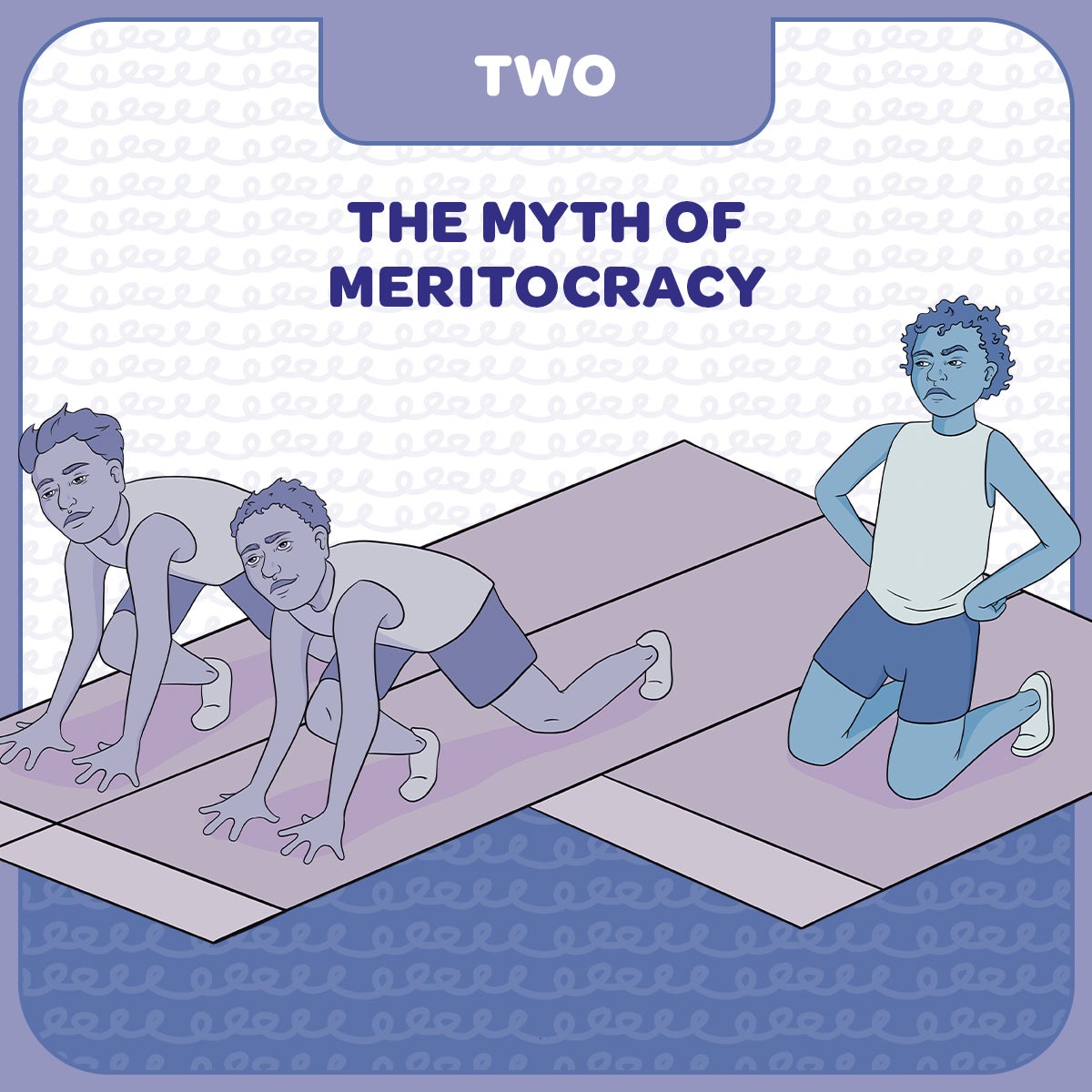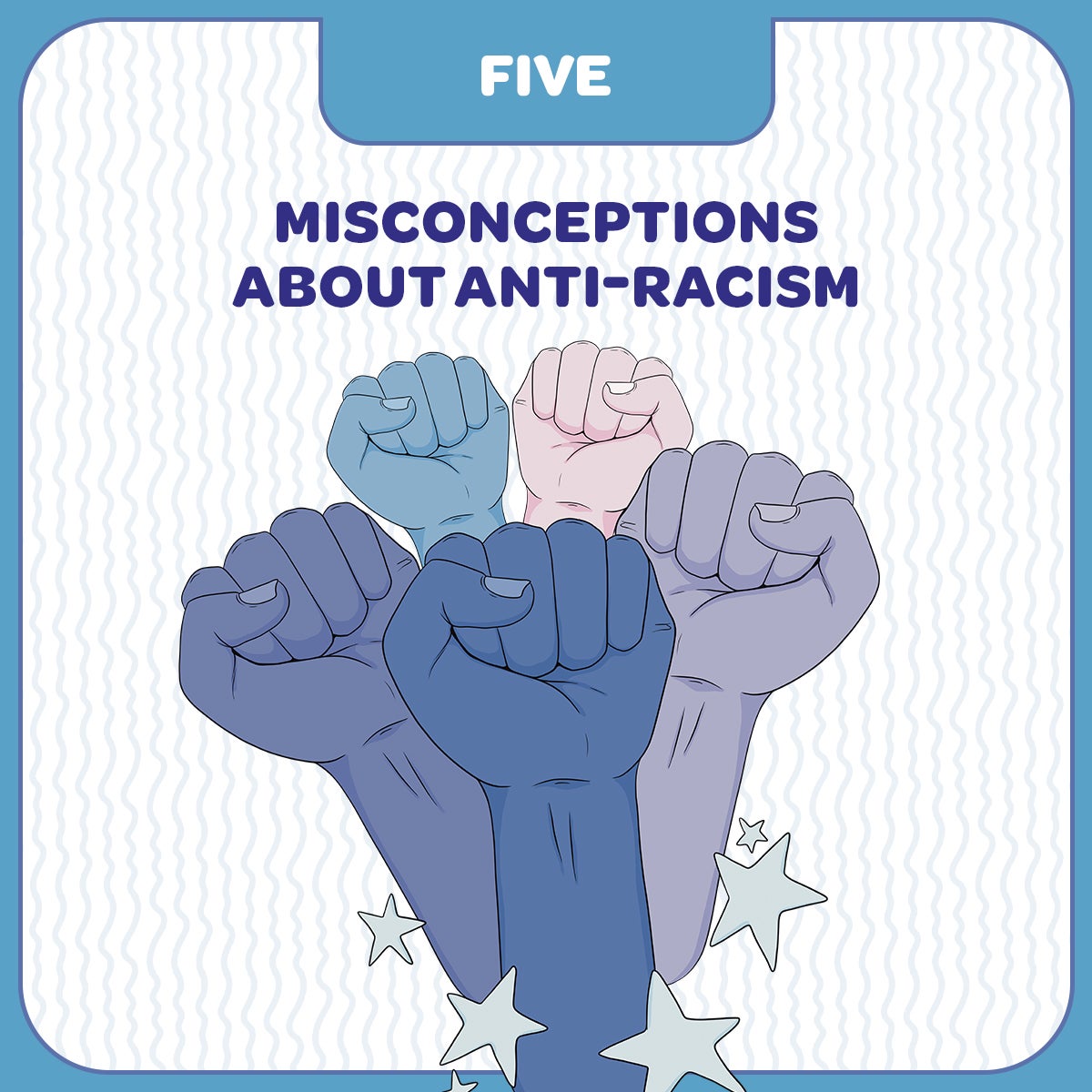Opinion Editorial by Giridharan Sivaraman. Published by The Guardian Australia.
Australia’s leaders tout the benefits of our prosperous, multicultural society. Yet when it comes to speaking about refugees, people seeking protection and migrants, the policy framing shifts.
This week’s federal cabinet reshuffle and the appointment of Tony Burke, who is taking on the home affairs, immigration and multicultural affairs portfolios, provides a significant opportunity to change the perceptions and attitudes which influence how we talk about migrants, refugees and people seeking protection – to foster an anti-racist approach at a time of division and to redefine what it means to be an “immigrant” in Australia.
We routinely hear refugees and migrants blamed for the rising cost of living, lack of housing or even increased traffic, while ignoring the evidence that shows skilled migrants make a significant net positive contribution to the Australian economy over their lifetime. We don’t often hear about the farming and agricultural skills brought by many refugees and people seeking asylum.
Public discourse routinely dehumanises refugees and people seeking protection, labelling them as “illegal immigrants”, “queue jumpers”, or “economic migrants” – even though seeking asylum is a legal right.
Last year’s NZYQ high court decision, which ruled it illegal to indefinitely detain stateless refugees after they had completed their prison sentences imposed by a court, was a prime example.
Following that decision, the entire cohort of refugees was branded by both sides of politics as “hardcore criminals” and “threats” to security. But labelling entire groups as a risk to community safety serves to legitimise harsh immigration regimes and dehumanise those in need.
Australia’s history is marred by the legacy of the White Australia policy, a period marked by systemic racism and exclusionary practices designed to preserve the illusion of a homogenous society. This era exemplifies how “Australianness” has historically positioned non-white individuals as inferior “others”.
The impact of structural racism on communities and individuals – myself included – who have resettled or sought protection in Australia is to diminish them. It forces us to shed our language, culture, customs and dress until nothing separates us from white culture and society. And of course that means we may still be the victims of racism.
It is also a false, narrow notion of what it is to be Australian.
From the Africans on the first fleet to Chinese migrants in the 1800s to the Afghan cameleers, there is a rich history of non-white migration to this country that is intrinsic to our identity.
And let’s also not forget that Australia is built on the foundation of First Nations people’s ways of being, knowing and doing stretching back tens of thousands of years. As highlighted last week in the federal government’s multicultural framework review, “this emphasis on acknowledging and celebrating the cultures and languages of First Nations peoples is seen as essential for genuine reconciliation and the need to achieve equality for all, without which multiculturalism is incomplete”.
Embracing pluralism and inclusivity strengthens the very fabric of what it means to be Australian. It is time to take decisive action against racism and discrimination, starting at the top, with our government leading by example. Political leaders, media personalities and other public figures who make comments that incite racial violence and hatred, or perpetuate negative stereotypes, must be held accountable.
The Australian Human Rights Commission’s national anti-racism framework will be delivered to the federal government before the end of the year. It will guide government, organisations, businesses and civil society on addressing racism and the role they can play in preventing it.
To make that a reality, our elected officials will need to lead with anti-racist words and actions as soon as people arrive in Australia – no matter what their journey was to get here.
For families who have fled wars, new arrivals looking to settle into society, to work and rebuild their lives after fleeing persecution, for lovers who are not accepted in their home countries; for those who may visibly look different, but seek the same dignity as you or I: we have to remember language in this discourse matters.
Giridharan Sivaraman is Australia’s race discrimination commissioner


